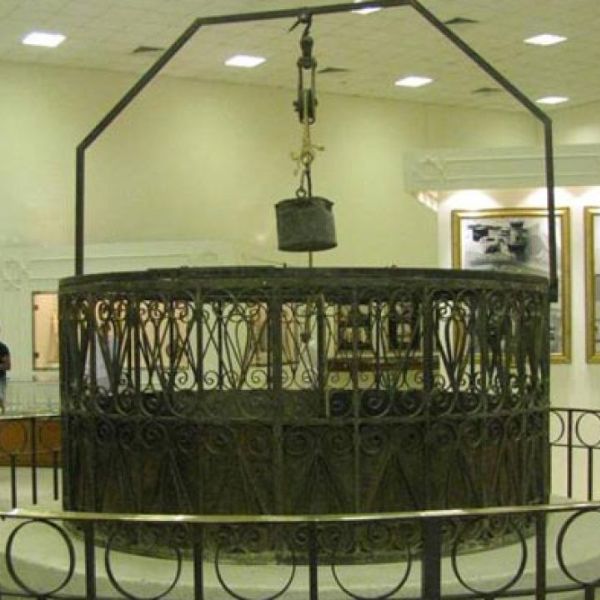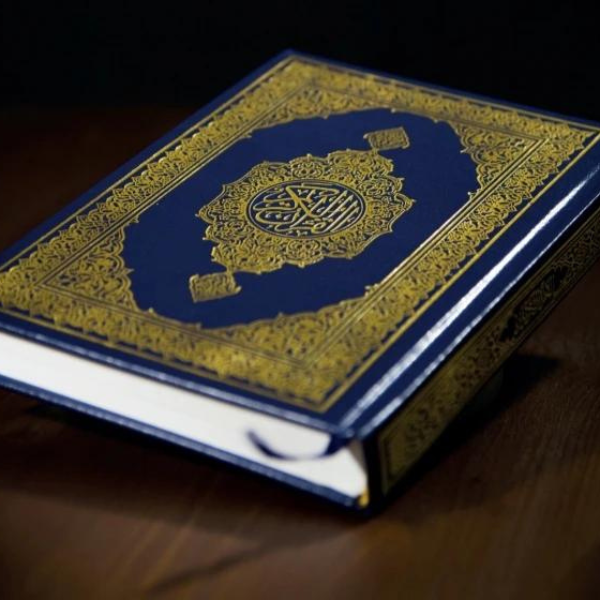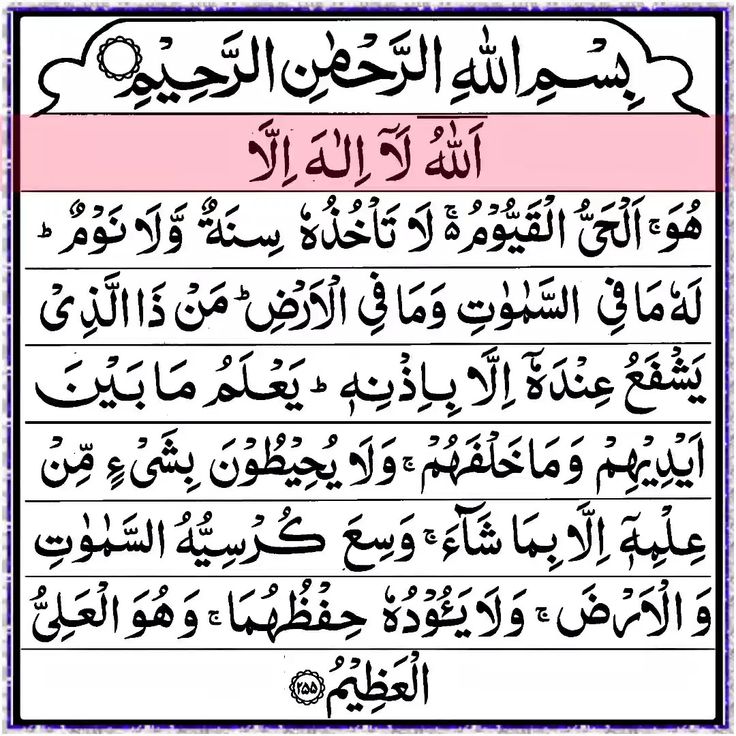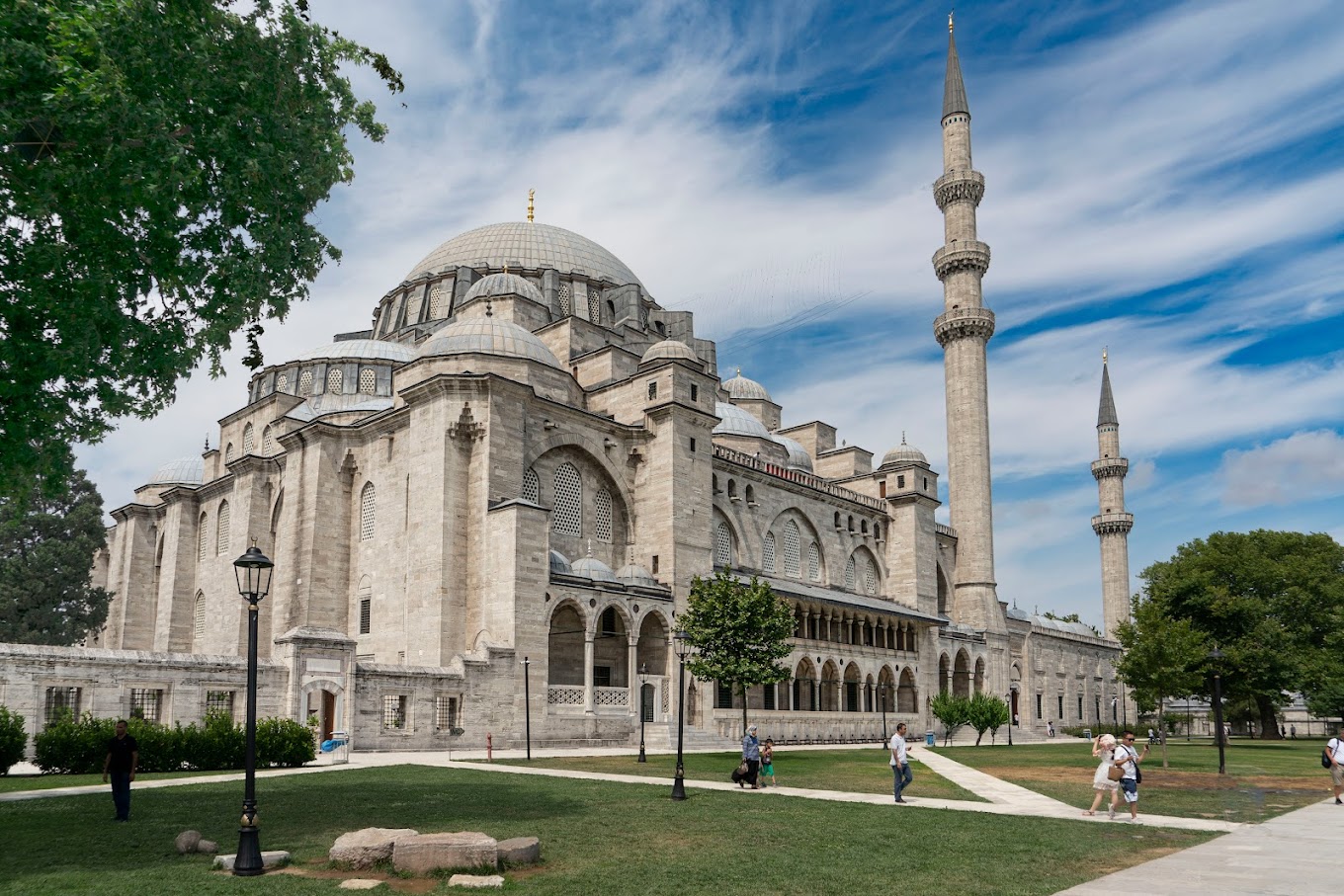
Masjid e Nabvi History, Facts, Virtues, and Key Information
Masjid e Nabvi History, Facts, Virtues, and Key Information
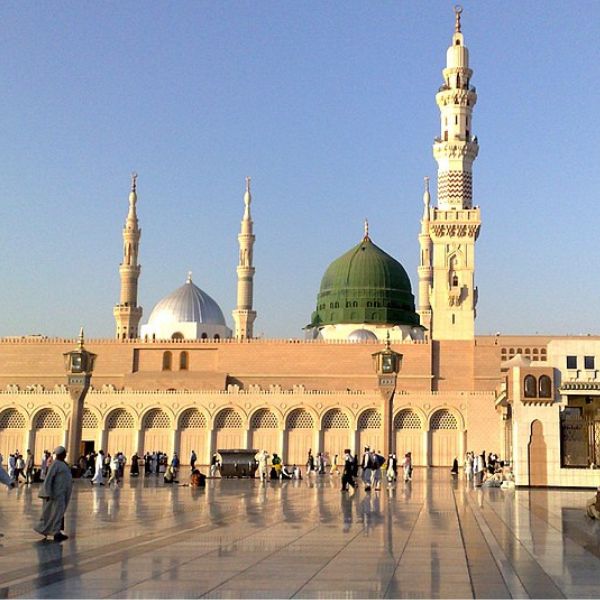
Constructed in 622 AD, Masjid e Nabvi laid the foundation of an Islamic community center, court, and school. It is the second holiest mosque in the world.
Masjid e Nabvi History: -
Constructed in 622 AD, Masjid e Nabvi laid the foundation of an Islamic community center, court, and school. It is the second holiest mosque in the world. Two orphans, Sahl and Suhail, the owners of the land wanted to gift the land to Prophet Muhammad (PBUH). Prophet Muhammad (PBUH) accepted their gesture, however, he had them receive payment for their land.
Since its creation, the mosque underwent many structural changes and enhancements. Hazrat Umer and Hazrat Usman (RA) expanded and modified the structure of the mosque. The Umayyad caliph al-Walid also played his part in the refurbishment of the holy mosque. The Ottoman caliphs, Suleiman the Magnificent and Mahmoud the second expressed their love for the Prophet Muhammad (PBUH) through noteworthy enhancements to the mosque.
After the establishment of the Kingdom of Saudi Arabia, Masjid-e-Nabvi was altered completely to match modern architecture. The Saudi authorities ordered the construction of a library to help visitors learn about Islam and its history more comprehensively.
Even today, the Saudi government takes necessary steps to preserve the beauty and sanctity of the holy mosque.
Facts and Key Information about Masjid e Nabvi: -
- The mosque has a total of 43 gates.
- The construction of Masjid-e-Nabvi took seven months.
- Rawdah Rasool, the tomb of Prophet Muhammad (PBUH) is situated inside the holy mosque.
- Two of the Prophet's (PBUH) closest companions, Hazrat Abu Bakr and Hazrat Umer (RA) are buried alongside Prophet Muhammad (PBUH) in Masjid-e-Nabvi.
- The area lying between the Minbar and the chamber of Prophet Muhammad (PBUH) is called Riaz ul Jannah. It is one of the gardens of Heaven.
- A green carpet adorning Riaz ul Jannah segregates it from the rest of the mosque.
Virtues of Masjid e Nabvi: -
Masjid-e-Nabvi is the second holiest place on Earth. There is a huge reward for worship in Masjid-e-Nabvi. Allah rewards a single prayer a thousand times. Not just prayer, but if anyone sits in the mosque just to gain knowledge, teach or benefit from good company renders great reward. According to a hadith, if someone enters the mosque to receive or impart beneficial knowledge gets the same reward as Jihaad.
Riaz-ul-Jannah is a special part of Masjid-e-Nabvi. It is a piece of Heaven. People who visit the holy mosque yearn to offer two rakats prayers in Riaz-ul-Jannah. Men and women enter through separate gates to the special region. Even when one passes through Riaz-ul_-Jannah, one must supplicate: -
"Subhan Allahe Wal Hamdo Lillahe Wala Ilaha Illallaho Wallahu Akbar."
Considering the sanctity of Masji-e-Nabvi, one must observe absolute decorum inside and nearby the mosque. One must not disturb others by making noise or pushing. Rather, one must exhibit humility and submit oneself to the will of Allah when visiting Masjid-e-Nabvi.
